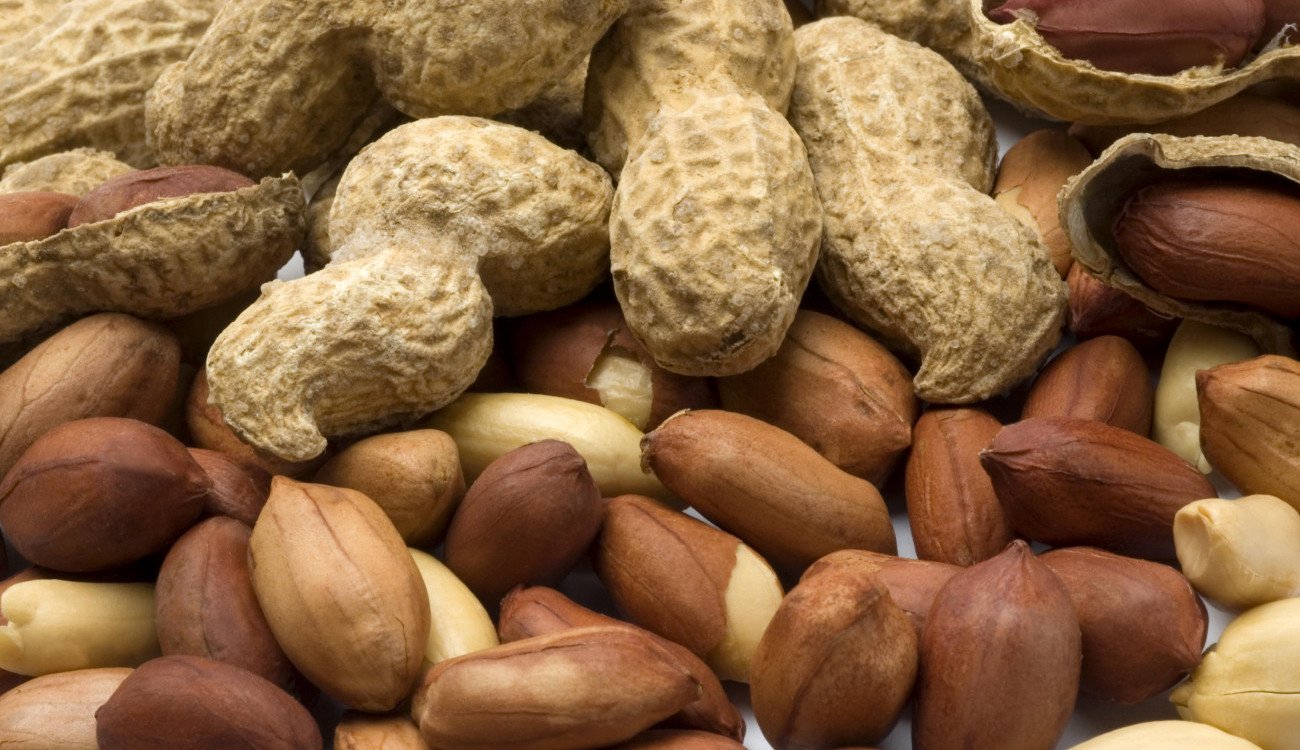AGI – Cuban President Miguel Diaz-Canel announced that after the expected monetary reform, the “supply booklet” will disappear with which Cubans buy basic products at subsidized prices.
In a television appearance, Diaz-Canel explained that the booklet will only remain in effect in an early stage after monetary unification, the date of which was not specified. Long postponed, the monetary reform will consist in the disappearance of the convertible peso created in 1994 and in the parity with the dollar, which will leave the Cuban peso equivalent to 4 cents of a dollar, as the only local currency.
This reform comes at a time of serious economic crisis that has led Cuba to apply a “partial dollarization” of its economy – a term that was first enunciated today by Diaz-Canel himself – with controversial measures in recent months such as the opening of supermarkets and shops where local currencies are not accepted and where payments can only be made in foreign currency with the card.
The Cuban president also said that the process of monetary and exchange rate unification will be accompanied by economic measures such as the reform of wages and pensions, which will increase to cope with expected inflation, along with the elimination of those that the government consider “unnecessary subsidies”.
The president also sent a message of reassurance to Cubans and foreigners who have bank accounts in the country, stating that their savings will be respected both in local currency and in foreign currency. Cuba, which suffers from a chronic balance of payments deficit, is plunged into a severe economic crisis exacerbated by the COVID-19 pandemic – which has wiped out tourism – and the tightening of US trade and financial sanctions over the past two years.
The most visible consequence of the crisis is the shortage of food, toiletries and medicines, which have disappeared from the shelves of government stores in local currency and in many cases are not even found in stores that pay in foreign currency. In this situation, the Government has adopted the short-term strategy of collecting foreign currency by all means, while in the medium and long-term it is trying to accelerate economic reforms that have been going on for years, including monetary unification or the elimination of universal subsidies, such as the procurement portfolio.
Created in 1962 and officially established a year later, the booklet provides all Cubans – regardless of their income – with a regular supply of basic necessities, even if these are not sufficient, so citizens have to resort to other means of subsistence .
– .

